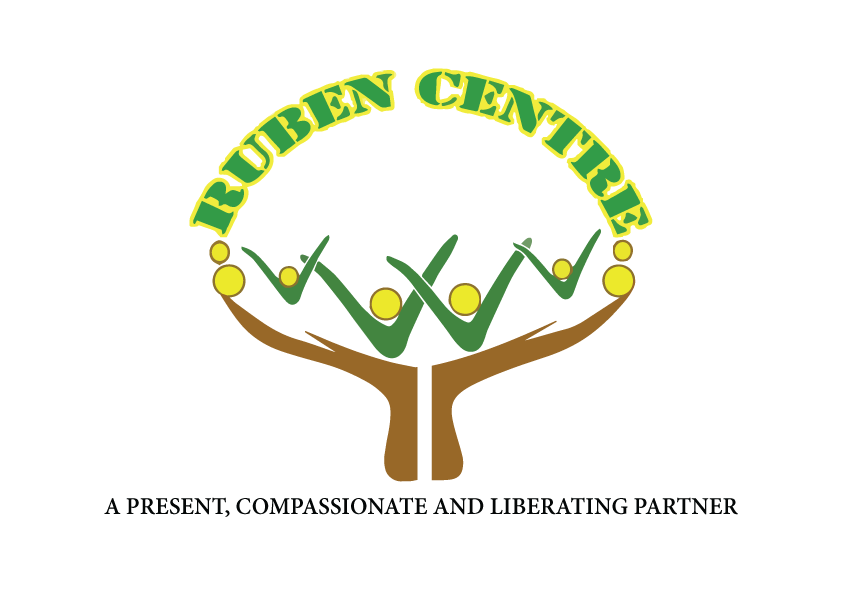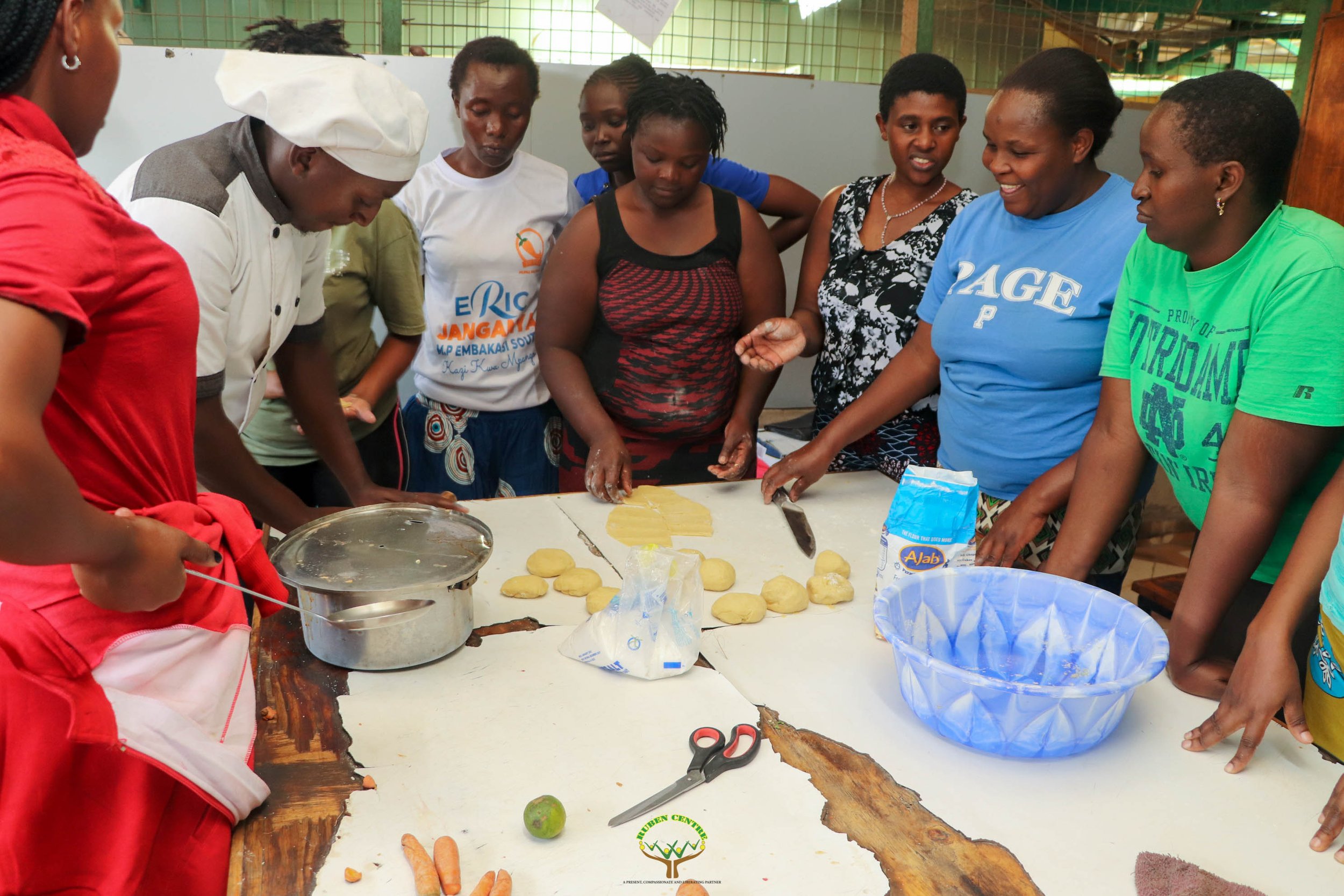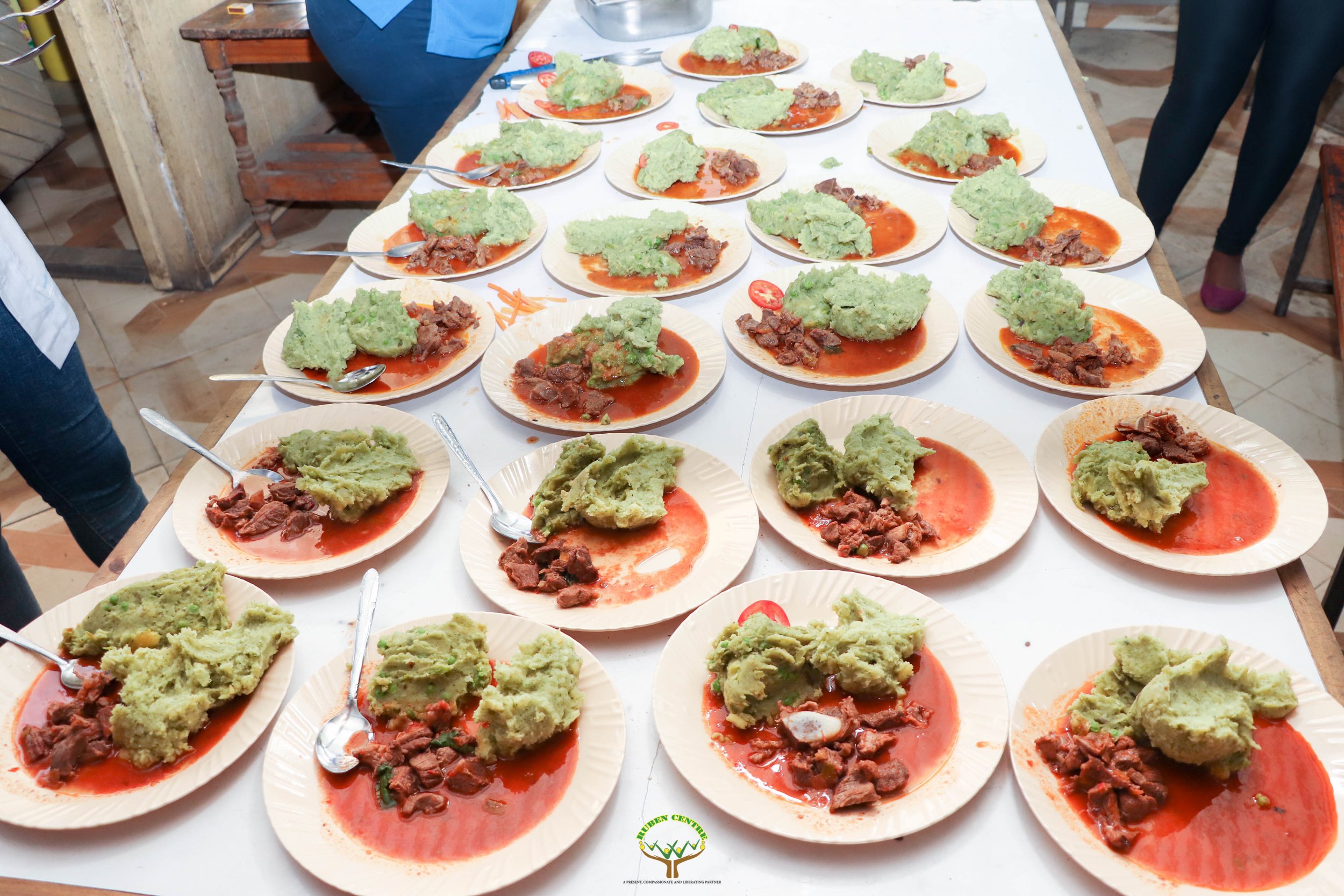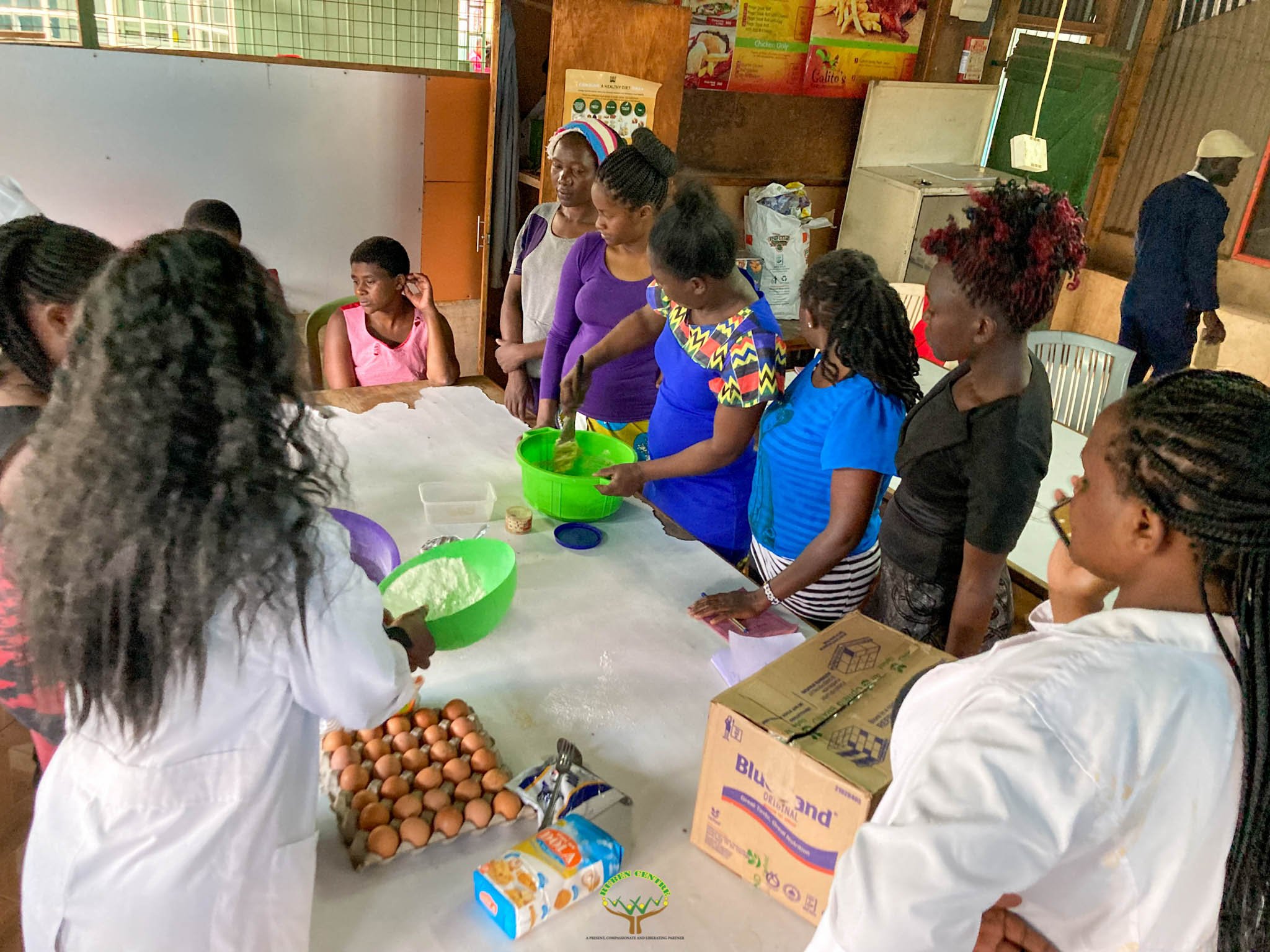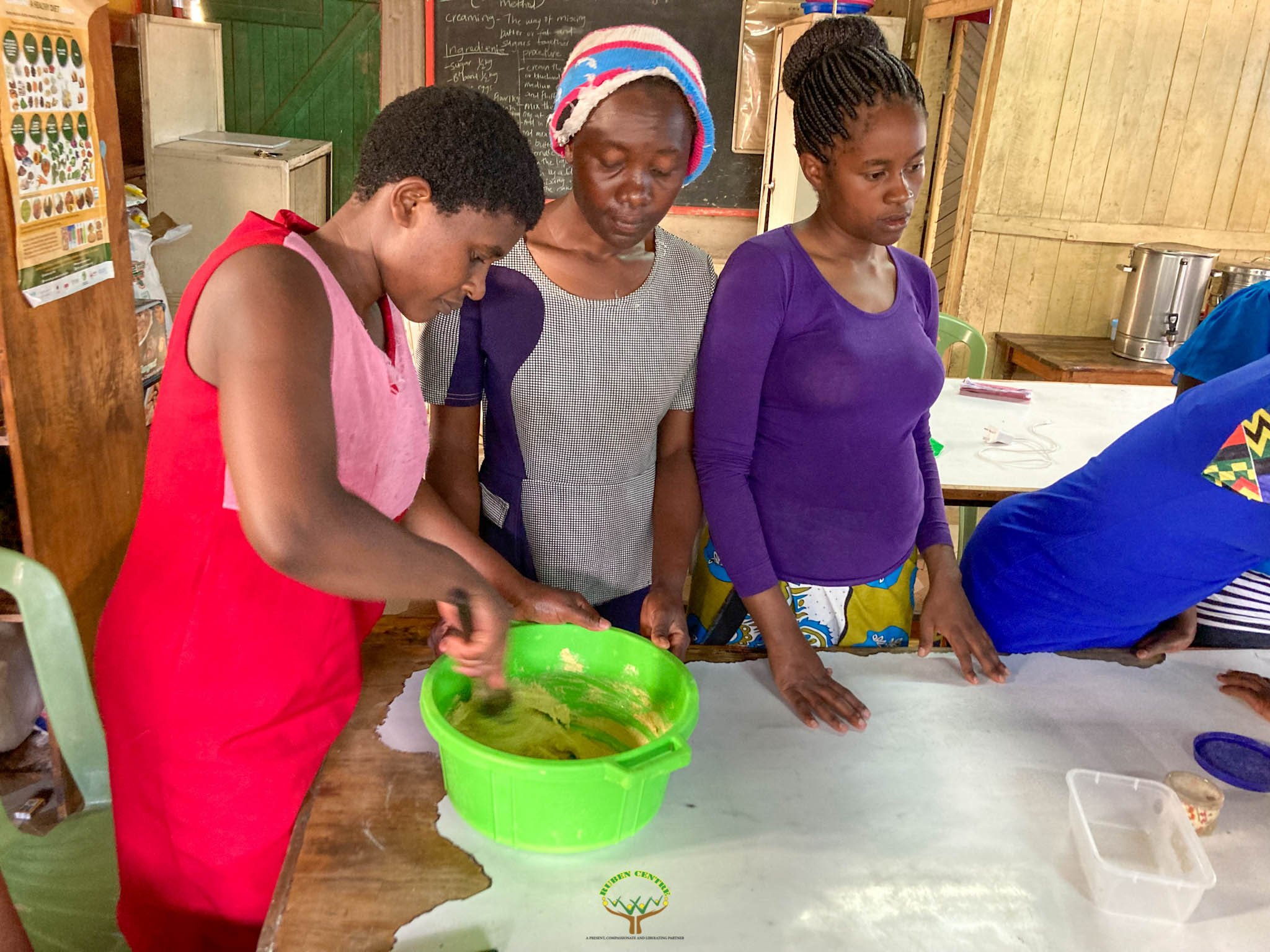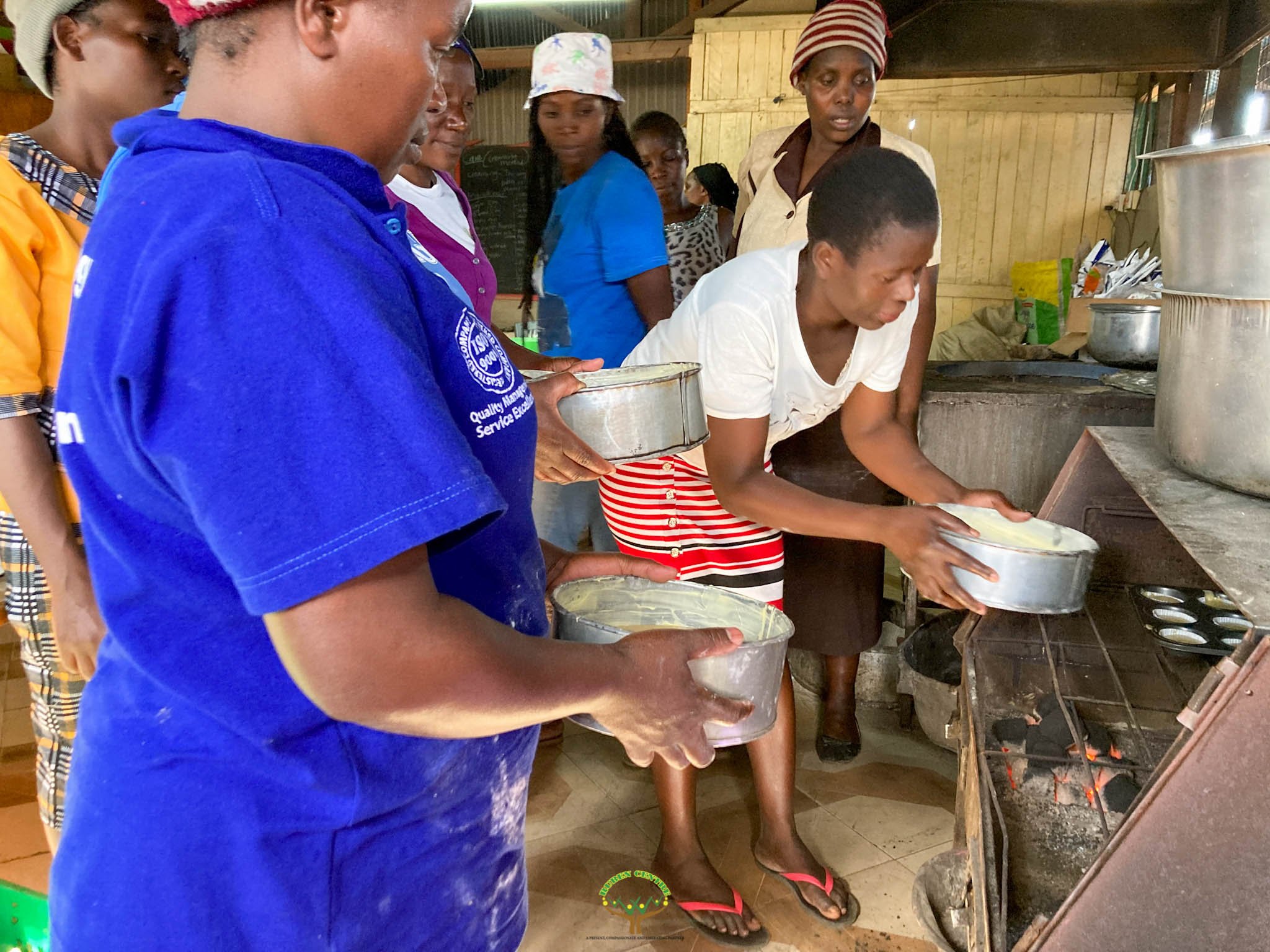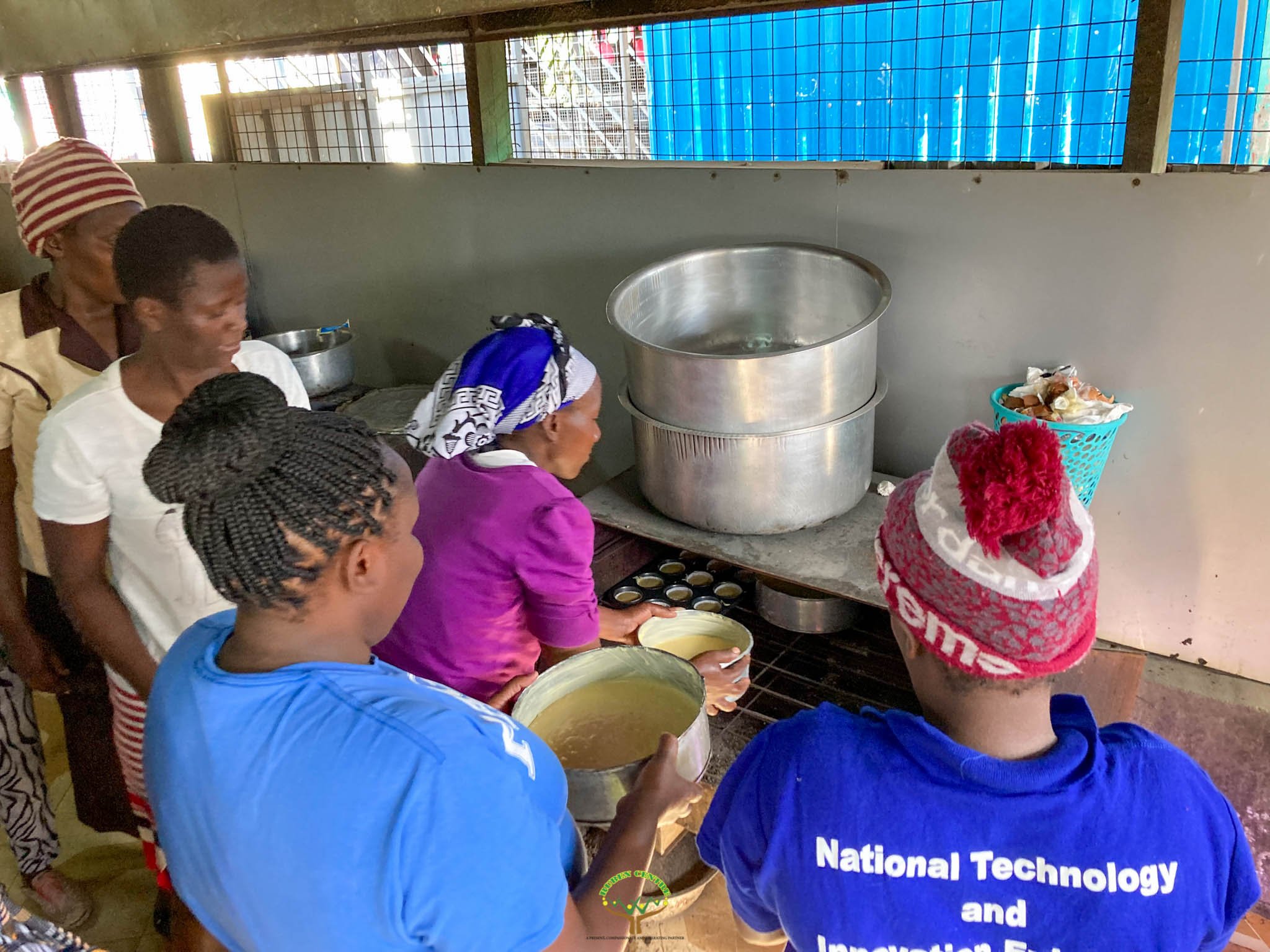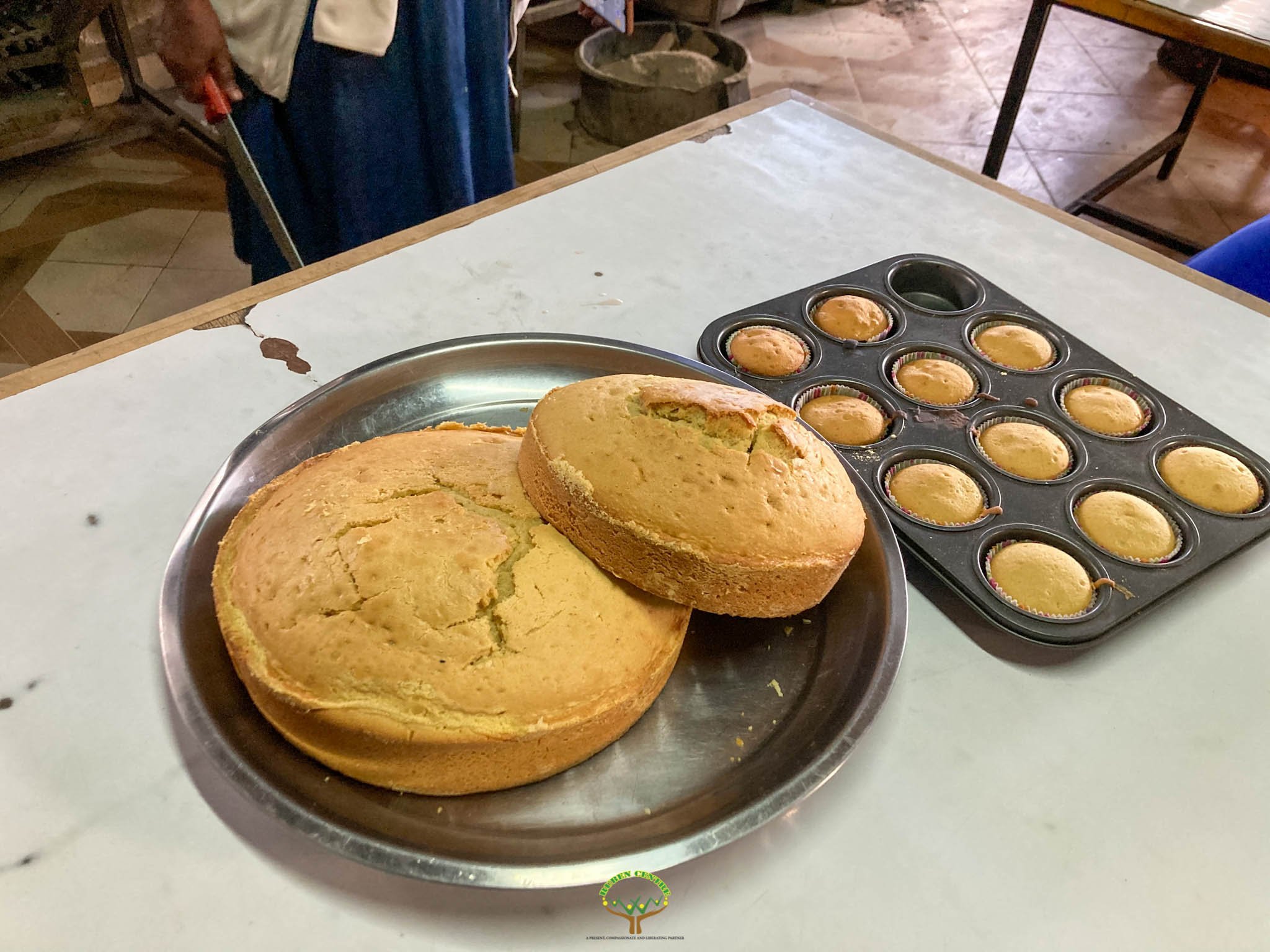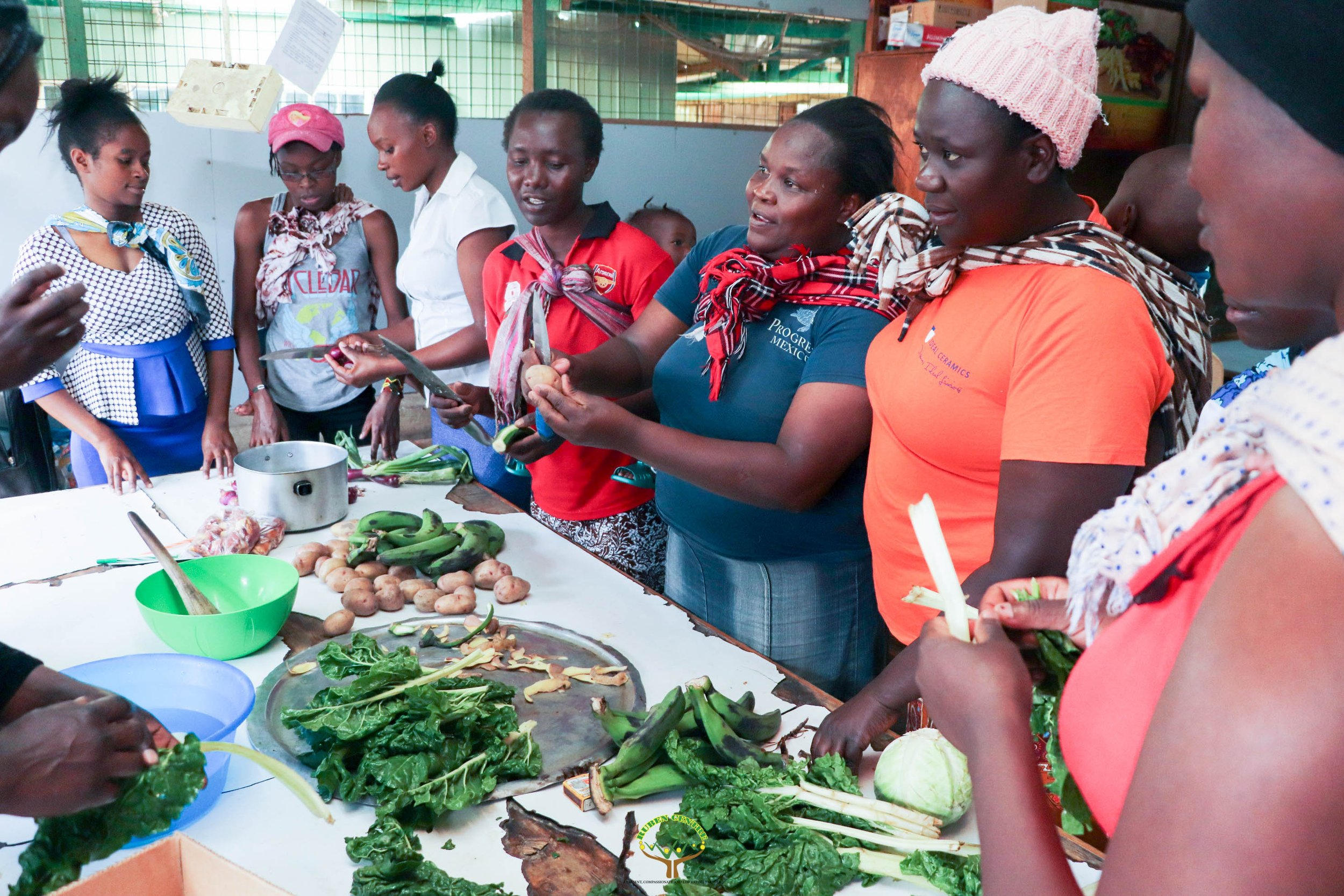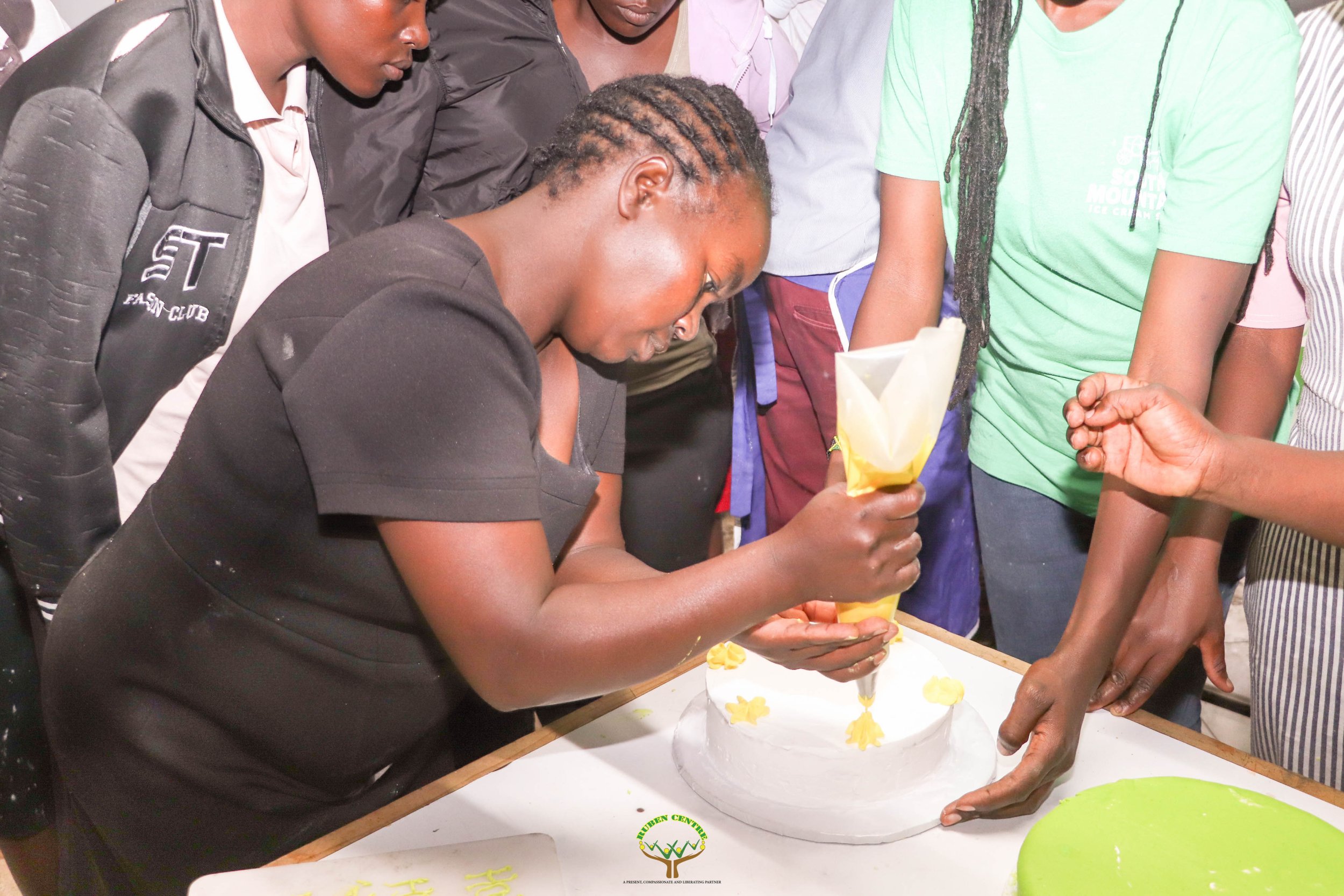Education to Empower!
Extreme hunger and malnutrition continue to be a pervasive issue in many countries, leading to long-term harm to individuals and communities. Malnutrition in Kenya remains a significant public health concern, particularly in informal settlements or slums, where residents face poor living conditions, overcrowding, inadequate sanitation, and limited access to essential services, making it difficult for them to access nutritious food.
Poverty, limited access to clean water, inadequate sanitation, and lack of knowledge on proper nutrition are the primary causes of malnutrition in these settlements. Most families living in these settlements cannot afford a balanced diet and often rely on cheap and unhealthy foods that are high in carbohydrates and low in essential nutrients like vitamins and minerals. In addition, frequent outbreaks of waterborne diseases exacerbate malnutrition by causing severe dehydration and nutrient loss.
The consequences of malnutrition are particularly concerning for children, as it can result in stunted growth, impaired cognitive function, weakened immune systems, and even death. Undernutrition, which occurs when an individual does not consume enough nutrients to meet their body's needs, also contributes to child mortality and poor functional development in children.
To address these issues, Ruben Health Centre (RHC) in Mukuru has been providing support to mothers with malnourished children through education on good nutrition, urban farming, and active table banking. The Maternal Child Health Clinic (MCHC) involves several support groups, with the main objective of empowering women with malnourished children.
During the COVID-19 pandemic in 2020, a particular support group was formed, and 7 mothers were enrolled. The number has since grown to reach 21 mothers. The group consisted of mothers between the ages of 23 and 30, with 60% and 40% having dropped out in class eight and form four, respectively. The nutrition team initially had 15 malnourished children, out of which three were additionally suffering from TB, and 13 transitioned to moderate malnourishment. For the moderate malnourished children, the cohort started with 22 children, out of which 17 have already been cured.
To further empower the mothers, on February 15th, 2023, RHC launched a catering short course in partnership with Mama Project. The program ran for ten consecutive weeks, with the mothers learning how to cook different types of foods such as pilau, chapati, pancakes, mandazi, and mukimo, among others. The aim was to equip the mothers with the ability to offer varied meals to their children and families. In the initial stages of the training, Br. Frank noticed that mothers were being trained with babies strapped on their backs. He intervened by creating a room in the baby care unit where the caregivers could feed and take care of the babies, allowing the mothers to concentrate on learning without the burden of carrying their babies. In the last two weeks of the program, the mothers were taught how to bake a cake, which they did with enthusiasm. The program was successful, with the mothers completing the course and expressing their gratitude to Ruben Centre's Director, Br. Frank, for the opportunity.
Ruben Centre is keen on exploring this pilot class of catering further, having witnessed its success. The mothers initially came in through the social department for support, then Ruben Health Centre, and have currently been empowered through the vocational center. The synergy between the different departments is visible and impressive.
Ruben Centre remains committed to empowering the people of Mukuru both health-wise and socially, towards achieving a much-desired community. Through initiatives such as the catering course, the center hopes to continue equipping the residents with the necessary skills to improve their quality of life and break the cycle of poverty and malnutrition.
Story: Benson Kagwima, Alice Wanjiru & GB.
Edits: GB
Photos: Benson Kagwima & GB
